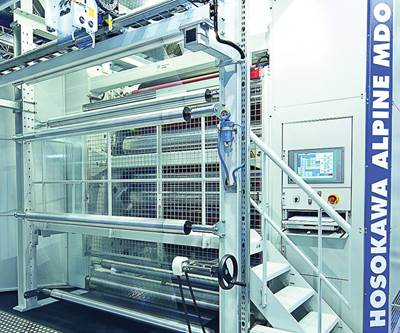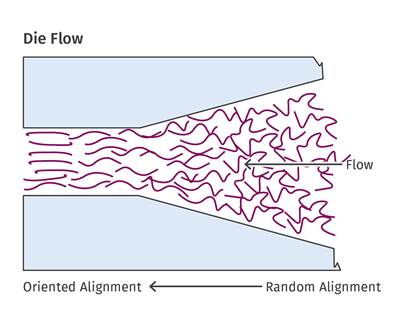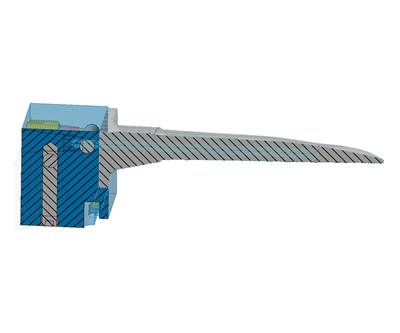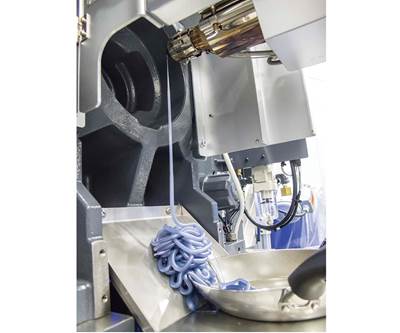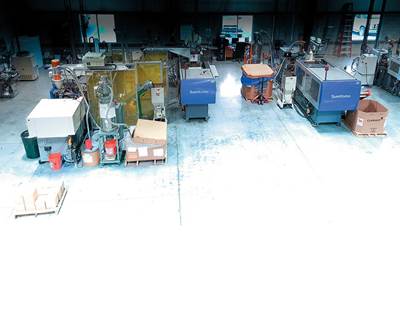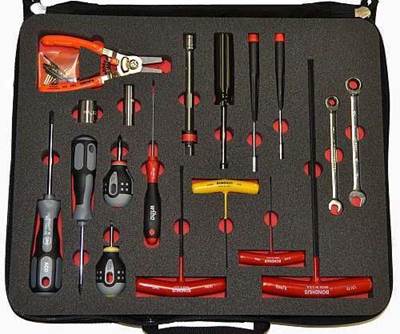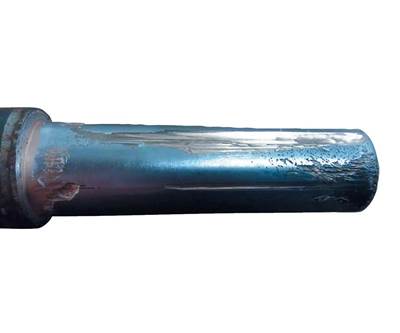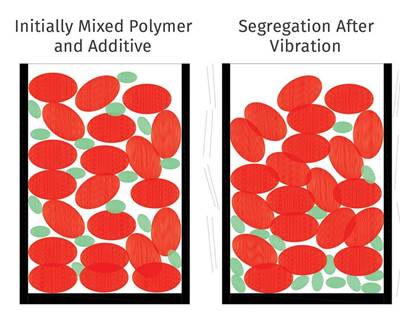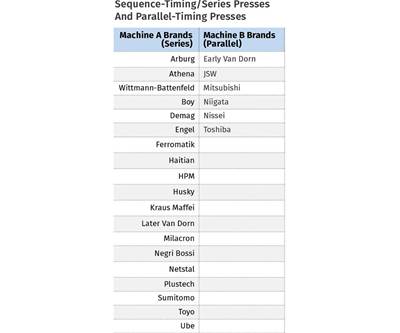best practices
MATERIALS: The Importance of Oxidative Stability in Polyolefins
Because oxidation is a process that causes materials to deteriorate over time, its effects or potential for those effects are not always apparent when new products are tested.
Read MoreChasing the Perfect Pellet
Petoskey Plastics began recycling in 1978 and continues to expand its green footprint by offering pellets specifically for thin-gauge blown film.
Read MoreEXTRUSION: Orientation: The Good and the Bad
Depending on what you are trying to accomplish, molecular orientation can have a positive or negative impact on your part. Here’s how to control it.
Read MoreTOOLING: Let’s Get Serious About Mold Cooling: Part 2
Some creative thinking with conventional technology, like small cooling lines and bubblers, can generate big improvements in cooling and cycle times.
Read MoreINJECTION MOLDING: Purging: A to Z
Use these steps as a guide to minimize the time and money it takes to switch materials and color on your presses.
Read MoreAvoid Scale Buildup: The Silent Enemy of Cooling Performance
Obstructions in cooling can wreak havoc on molding. Here, a well-known supplier to molders that also molds recounts its experience and offers tips on how you can keep things flowing.
Read MoreTake a Systematic Approach to Keep Your Blenders Running Right
Increase uptime, productivity, and quality by putting together a comprehensive maintenance program to keep your blenders on target.
Read MoreTOOLING: Let’s Get Serious About Mold Cooling
Cooling is crucial to the molding process yet frequently overlooked. Here are some insights to consider.
Read MoreEXTRUSION: Better Mix In Means Better Mix Out
Segregation or de-mixing of polymers and additives can be a big problem in single-screw extrusion. Here’s why it happens, and how to fix it.
Read MoreINJECTION MOLDING: How Different Machine Types Handle Fill and Pack/Hold Times
The procedures are different between series and parallel machines. What type do you have? How can you tell? Here’s what you need to know.
Read More